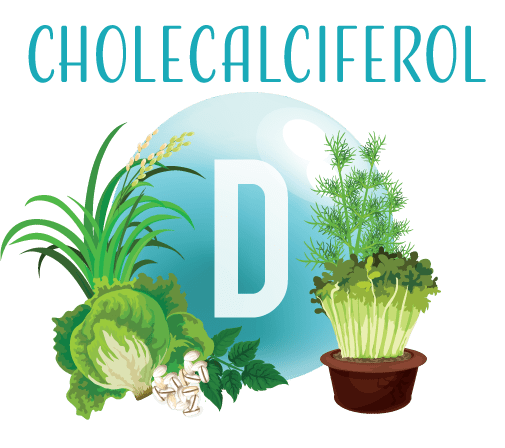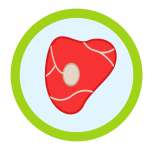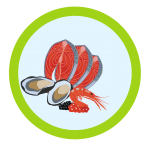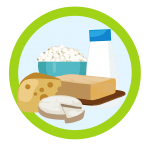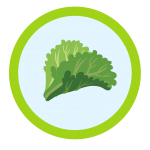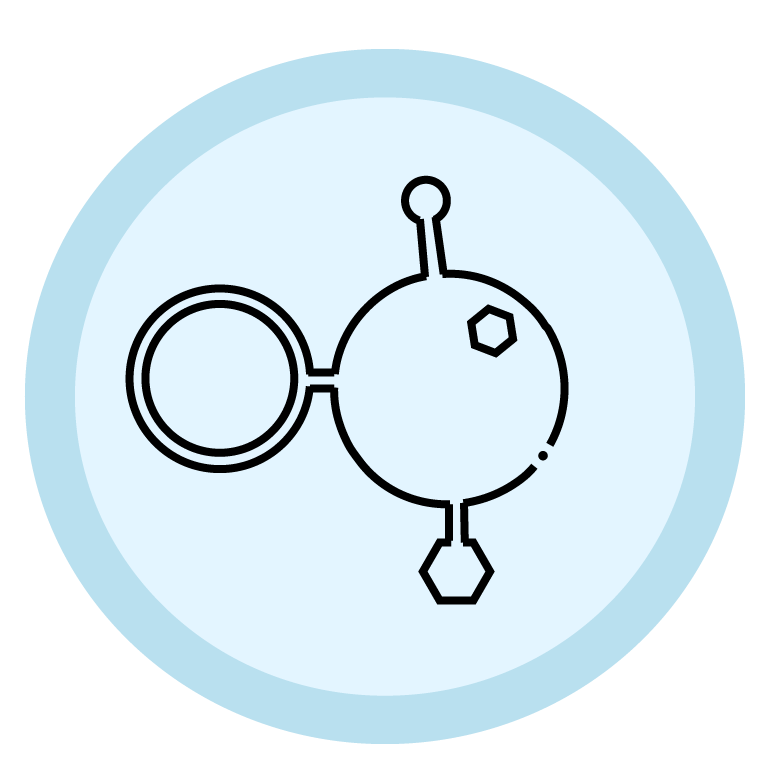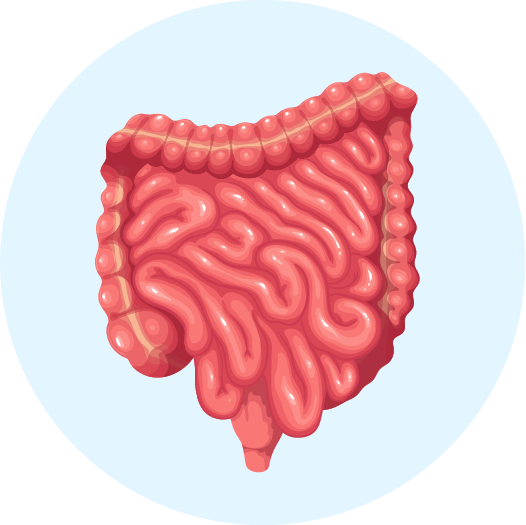The Benefits of Vitamin D: From Strong Bones to a Healthy Heart
Vitamin D also known as cholecalciferol is a fat-soluble vitamin that has several functions in the body. One of its most important jobs is to facilitate the absorption and utilization of calcium and phosphorus by the intestines. This is why it is necessary for normal bone and teeth development in children. It also protects against muscle weakness and regulates the heartbeat. Vitamin D is essential for the prevention and treatment of osteoporosis and hypocalcemia, and it enhances immunity. It is crucial for thyroid function and normal blood clotting. Though we primarily get vitamin D from food or supplements, exposure to the sun’s ultraviolet rays can help to activate it in the skin.
